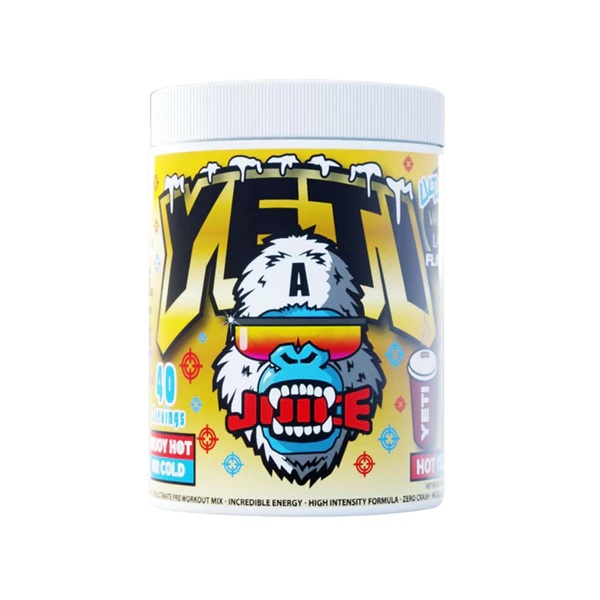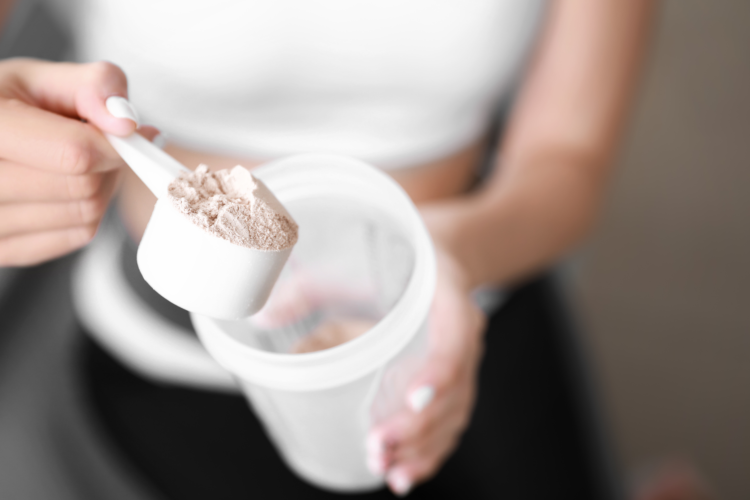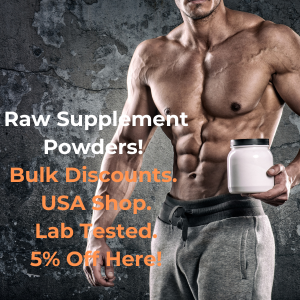In the realm of nutrition and fitness, protein powder has become a staple for individuals looking to support their health and wellness goals. Whether you’re an athlete striving to build muscle mass or someone seeking to optimize their overall nutrition, protein powder offers a convenient and versatile way to increase your protein intake. With a myriad of benefits spanning from muscle recovery to weight management, protein powder has earned its place as a valuable dietary supplement.
- What Are The Effects Of Creatine And Alcohol
- Does Creatine Boost Testosterone Everything You Need To Know
- Will Creatine Help Me Lose Weight?
- Does Creatine Break A Fast And Can You Take Creatine When Fasted?
- Does Creatine Help With Muscle Recovery
- Will Creatine Cause You To Weight Gain?
One of the primary benefits of taking protein powder is its role in muscle building and repair. Protein is essential for muscle growth and repair, especially after exercise-induced damage. Protein powder, typically derived from sources like whey, casein, soy, or pea protein, provides a convenient and fast-absorbing source of high-quality protein, making it ideal for post-workout recovery. By consuming protein powder shortly after exercise, you can help facilitate muscle repair, promote muscle growth, and enhance overall recovery.
Additionally, protein powder can be a valuable tool for individuals looking to manage their weight or support weight loss efforts. Protein is known for its satiating effect, meaning it helps you feel fuller for longer, reducing overall calorie intake and curbing cravings. Incorporating protein powder into your meals or snacks can help increase feelings of fullness and satisfaction, making it easier to stick to a calorie-controlled diet and achieve your weight loss goals. Moreover, protein has a higher thermic effect compared to carbohydrates and fats, meaning it requires more energy to digest and metabolize, potentially boosting calorie expenditure and supporting fat loss.
Furthermore, protein powder is not just beneficial for athletes or those looking to build muscle; it can also support overall health and well-being. Protein is essential for various bodily functions, including immune function, hormone production, and enzyme synthesis. By ensuring an adequate intake of protein through protein powder supplementation, you can support these vital physiological processes and promote overall health. Additionally, protein powder can be a convenient and portable option for individuals with busy lifestyles or dietary restrictions, ensuring they meet their protein needs even when on the go. Whether you’re aiming to build muscle, manage weight, or simply enhance your overall nutrition, incorporating protein powder into your diet can offer a range of benefits to support your health and wellness journey. Shop raw supplements, bulk discount, lab tested 5% off here!

Buy Pre Workout Online
We Have Some Of The Best Preworkout Out There!
Come have a look what types of Preworkouts we have? Shop the best Preworkouts! We have found the best deals! Or please feel free to read more about the many benefits of Preworkout Supplements on site.
FAQs
Is protein powder only for bodybuilders and athletes?
No, protein powder is not exclusively for bodybuilders and athletes. While it is commonly used by individuals looking to build muscle mass or support athletic performance, protein powder can benefit anyone seeking to increase their protein intake. It can be particularly useful for individuals with busy lifestyles, those with dietary restrictions, or those looking to manage their weight or support overall health and wellness.
How much protein powder should I consume each day?
The recommended daily protein intake varies depending on factors such as age, gender, activity level, and health goals. As a general guideline, many experts recommend consuming 0.8 to 1 gram of protein per kilogram of body weight per day for the average adult. Athletes or those engaging in intense physical activity may require higher protein intake. It’s essential to consider your individual needs and consult with a healthcare professional or nutritionist for personalized guidance on protein consumption.
Are there any side effects associated with taking protein powder?
In general, protein powder is safe for most people when used as directed. However, consuming excessive amounts of protein powder or relying heavily on supplements can lead to digestive issues such as bloating, gas, or constipation. Additionally, some protein powders may contain added ingredients or allergens that could trigger adverse reactions in sensitive individuals. It’s important to choose high-quality protein powders from reputable brands and to follow recommended serving sizes.
Can protein powder help with weight loss?
Yes, protein powder can support weight loss efforts by promoting feelings of fullness and satiety, reducing overall calorie intake, and supporting muscle mass retention. Protein has a higher thermic effect compared to carbohydrates and fats, meaning it requires more energy to digest and metabolize, potentially boosting calorie expenditure and fat loss. Incorporating protein powder into a balanced diet and exercise regimen can be a valuable tool for those looking to manage their weight.
What types of protein powder are available, and which is best?
There are several types of protein powder available, including whey, casein, soy, pea, and hemp protein, each with its unique characteristics and benefits. Whey protein, derived from milk, is quickly absorbed and rich in essential amino acids, making it ideal for post-workout recovery. Casein protein, also derived from milk, is digested more slowly and is often consumed before bedtime to support muscle repair overnight. Plant-based protein powders like soy, pea, and hemp protein are suitable options for vegetarians, vegans, or those with dairy allergies. The best type of protein powder for you depends on your dietary preferences, nutritional needs, and health goals.
- Do Preworkout Supplements Cause Heart Problems?

- Are Preworkout Supplements Safe For Teens

- Do Preworkout Supplements Cause Hair Loss

- Preworkout Supplements And Depression: Why Do They Make People Depressed?

- Will Preworkout Supplements Affects Sleep: What You Need To Know!

- Preworkout Supplements And Anxiety: Do Pre Workouts Make You Anxious?









